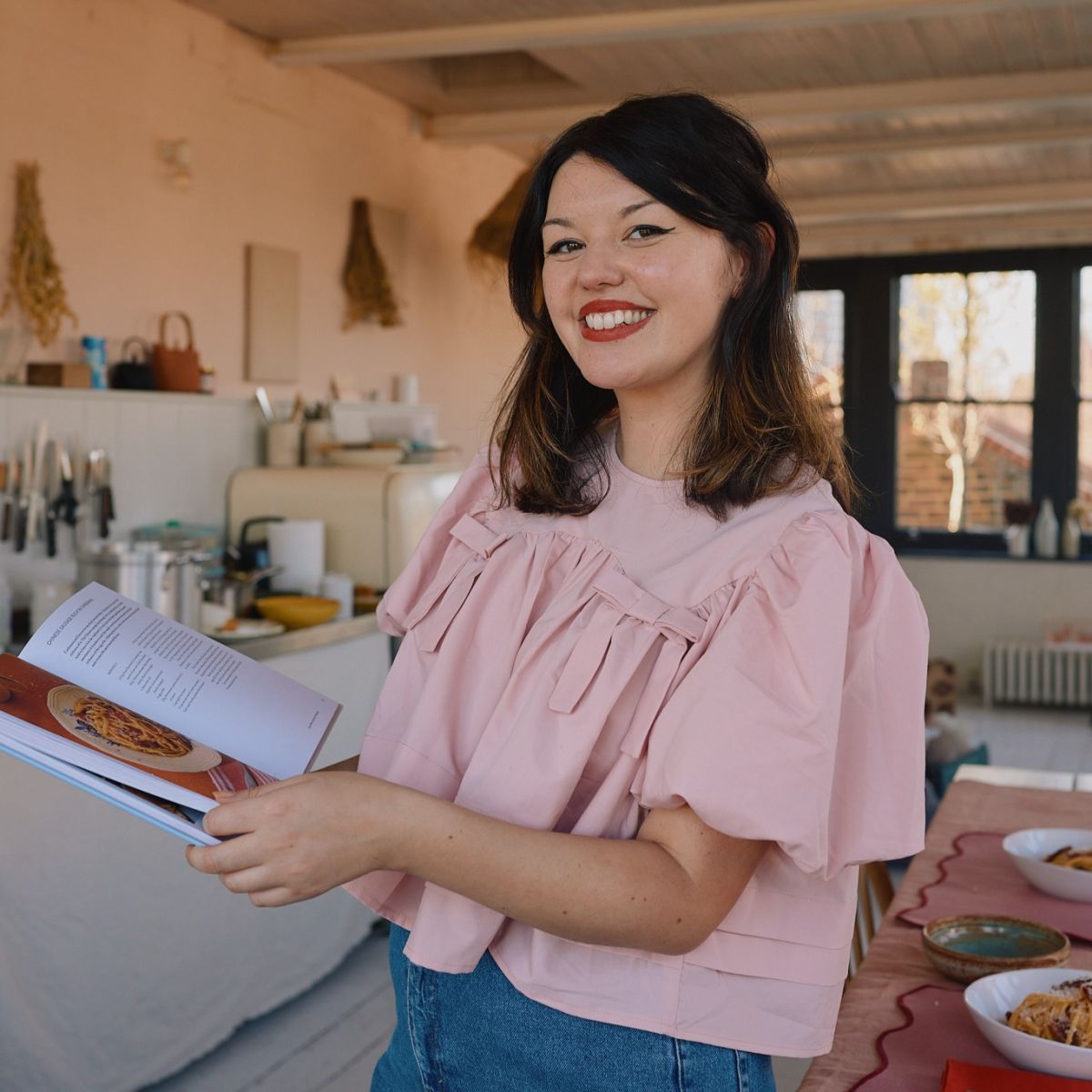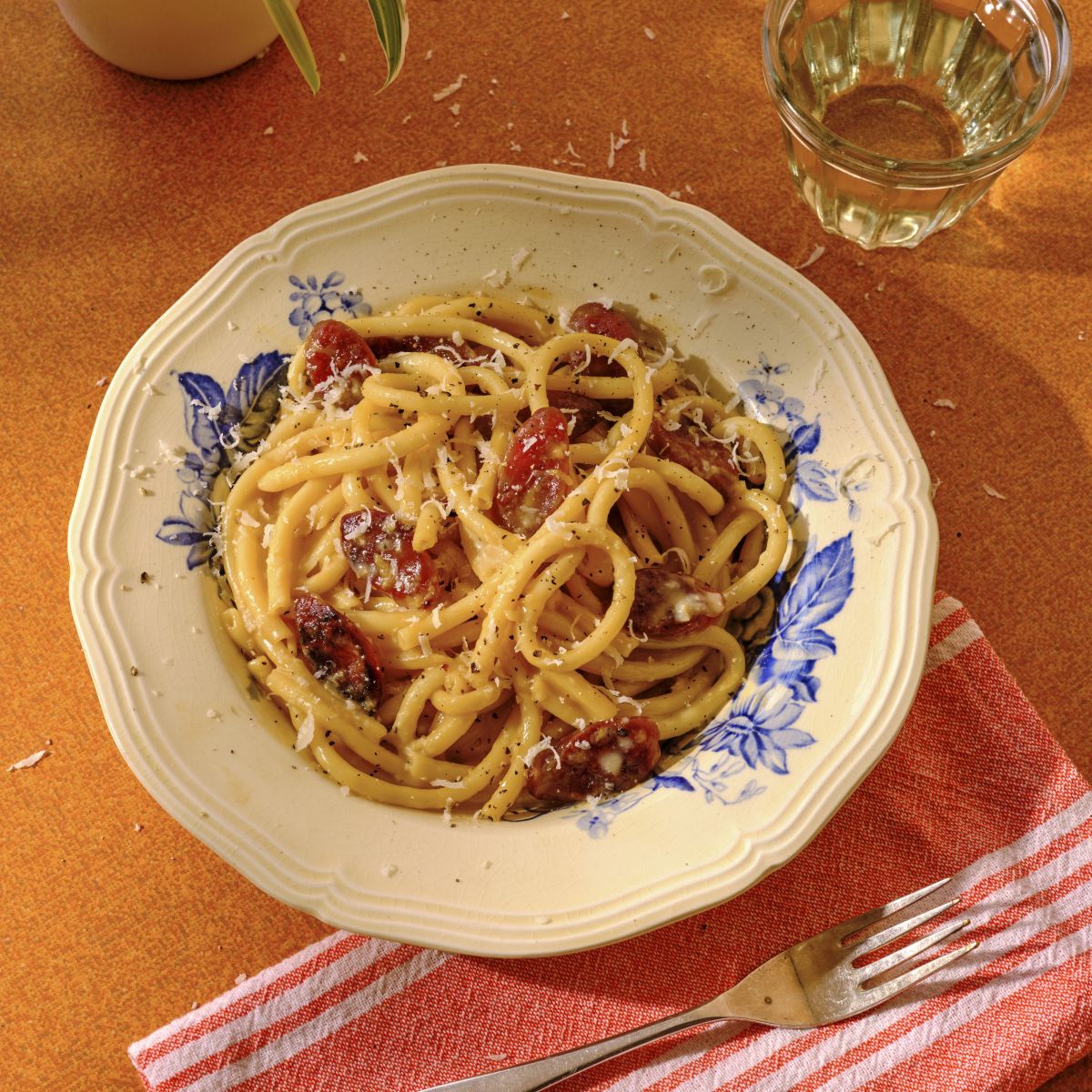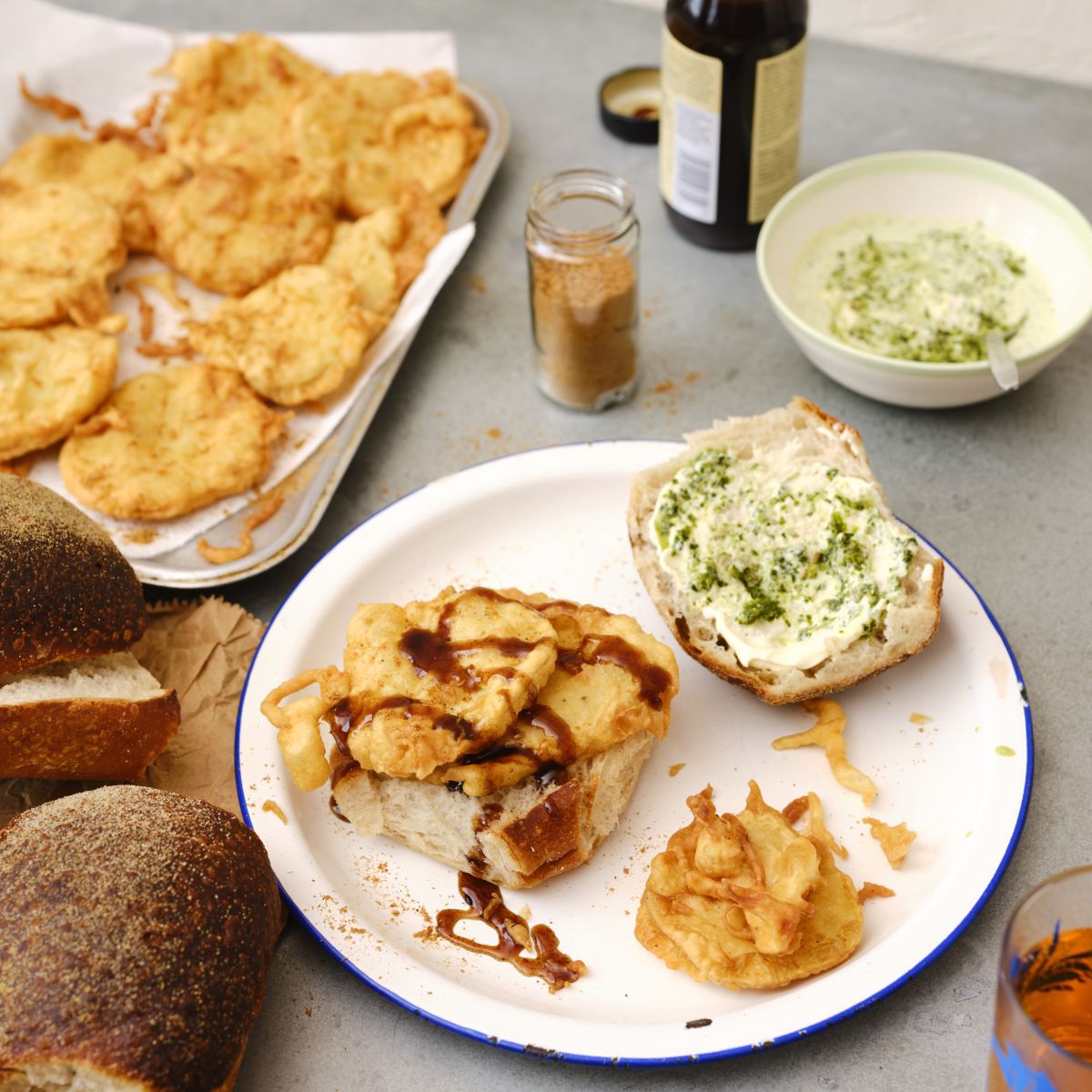Julie Lin on diversity in cuisine: ‘I want us to broaden our ideas of authenticity’
Ailsa Sheldon talks to Glasgow restaurateur and cookbook author Julie Lin about the power of fusion and broadening her career path

‘Food doesn’t just bring people together, it starts the conversations that need to be had,’ says Glasgow TV chef and restaurateur Julie Lin. ‘Food is political: it’s all about movement and farming and where colonisation has happened. It’s also hugely personal.’
Lin has just released her first cookbook Sama Sama: Comfort Food From My Malaysian-Scottish Kitchen. It’s a joyful read, full of enticing recipes and kitchen encouragement, with important messages at its heart. The book interweaves personal stories of Lin’s mother’s immigration from Malaysia to Scotland and how Lin grew up mixed-race and started her first restaurant. Each story aims to give a deeper understanding of ingredients, recipes and approaches to cooking, with a result that’s part cookbook, part manifesto for bringing cultures together in the kitchen.

For Lin, ‘fusion’ is a word that should be proudly re-centred, not derided. ‘I think fusion got a bad name in the 80s and 90s, which I want to try and reclaim, because actually, fusion explains the cuisine of Malaysia, where it’s so diverse and made up of different cultures.’ Another word is authentic. ‘We have a very narrow view of authenticity,’ she continues. ‘In my restaurants I would often have people who weren’t Malaysian saying to me, “that’s not authentic Malaysian food”. I don’t really understand what that means, because authentic Malaysian food would be going to Malaysia and eating food of Malaysian tradition. I want us to broaden our ideas of authenticity. I find it very authentic to use Scottish herbs, or to use samphire rather than bean sprouts in a stir-fry, when it’s local and in season. I find that more authentic to the movement of people and how you enjoy food in different countries and climates.’
Lin also takes issue with people who argue that Chinese takeaway food here is not ‘real’ Chinese food. ‘I don’t think you can say that, because it makes the journeys of so many people who immigrated from China to open Chinese takeaways and restaurants almost invalid. That’s part of immigration, where you get a hybrid cuisine of what people know how to cook and what works here. It might be different from regional cuisine in China, but there’s validity to that. Fusion is a symbol of strength. It’s a symbol of how people have migrated here and created a cuisine that is powerful and gives them a means of survival.’

So Sama Sama encourages cooks to make recipes their own, learning the art of agak-agak; that is, to season until a dish is just right for your palate, or as Lin’s cousin says in the book, to ‘season the dish until the ghost of our ancestors tells you to stop’.
Having taken a step away from cheffing duties, Lin now appears regularly on Saturday Kitchen and has presented an upcoming episode of Discovering The World’s Table for the BBC. There are pop-up plans, ‘because I still have restaurants in my bones’, but it’s a period of exploration and career-broadening. ‘People expect you to work in restaurants. But I want to see if there are any other avenues: maybe making products and developing my food community.’
Sama Sama is already topping bestseller lists, with a rapturous reception from fans including Nigella Lawson. It’s also giving a voice to people with dual heritage who have found recognition in its pages and reached out to Lin in droves. ‘I was speaking to a Norwegian–Indonesian woman who said she wants to try and cook a Norwegian stew with Indonesian flavours. I think that’s amazing.’
Sama Sama: Comfort Food From My Malaysian-Scottish Kitchen is out now, published by Ebury; main picture: Liz Seabrook.